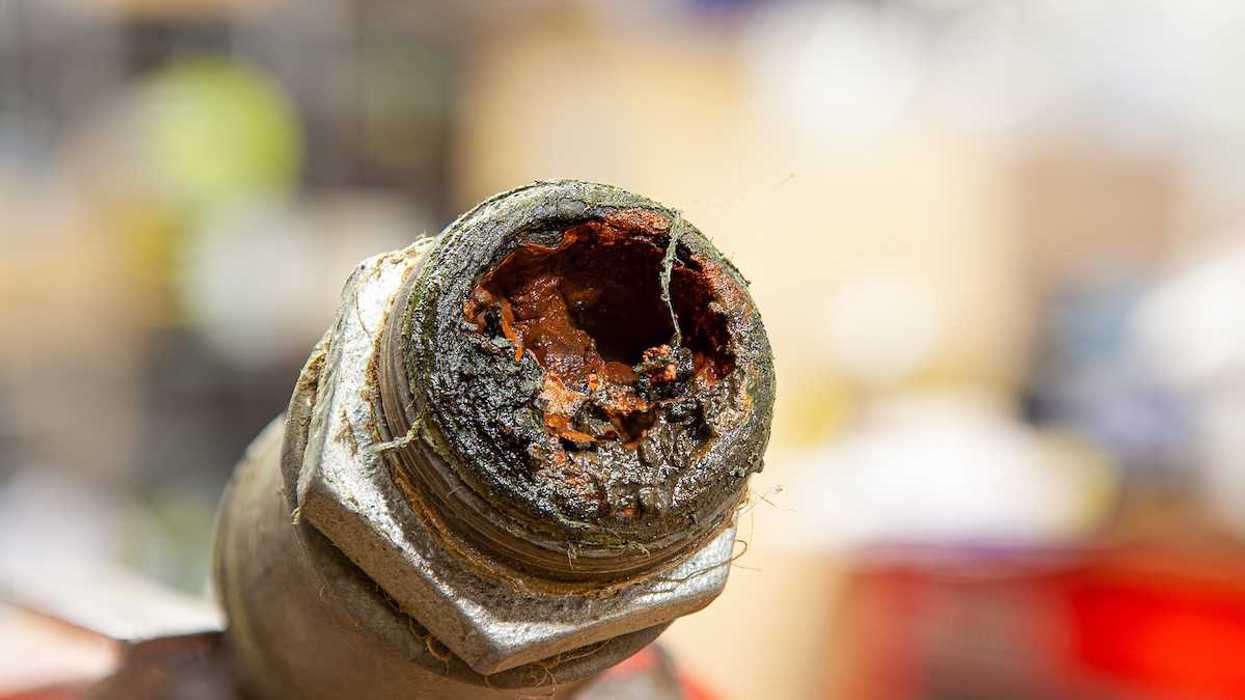As global markets employ advanced sunscreens, the U.S. lags behind due to regulatory constraints demanding animal testing.
Michael Scaturro reports for KFF Health News.
In short:
- The U.S. Food and Drug Administration must adhere to a 1938 law mandating animal testing for sunscreens, delaying the adoption of newer, more effective ingredients.
- Bipartisan efforts are underway in Congress to permit non-animal testing methods, potentially expediting future sunscreen approvals.
- While other countries have adopted these advanced sunscreens, U.S. consumers remain at risk due to slower FDA processes.
Key quote:
“It’s really about giving the U.S. consumer something that the rest of the world has. People aren’t dying from using sunscreen. They’re dying from melanoma.”
— Carl D’Ruiz, senior manager at DSM-Firmenich
Why this matters:
With skin cancer being the most prevalent cancer in the U.S., efficient and effective sunscreen is vital for public health. As skincare companies around the world introduce advanced sunscreens boasting superior protection against harmful ultraviolet rays, the U.S. finds itself trailing behind. The crux of the issue lies in stringent FDA regulations, which still require extensive animal testing for these new formulations. This requirement not only raises ethical concerns but also slows down the introduction of innovative products into the market.
Related EHN coverage:














